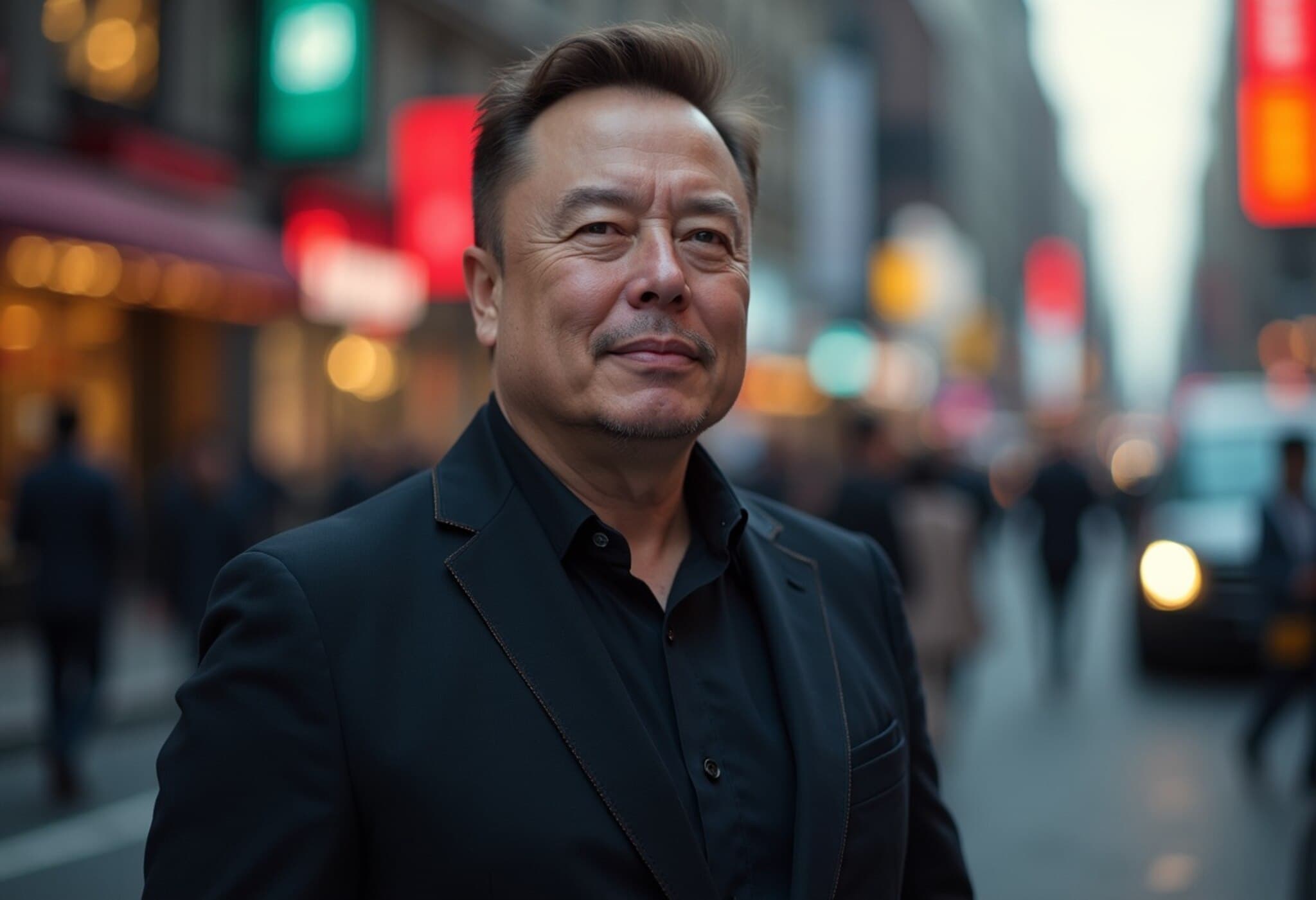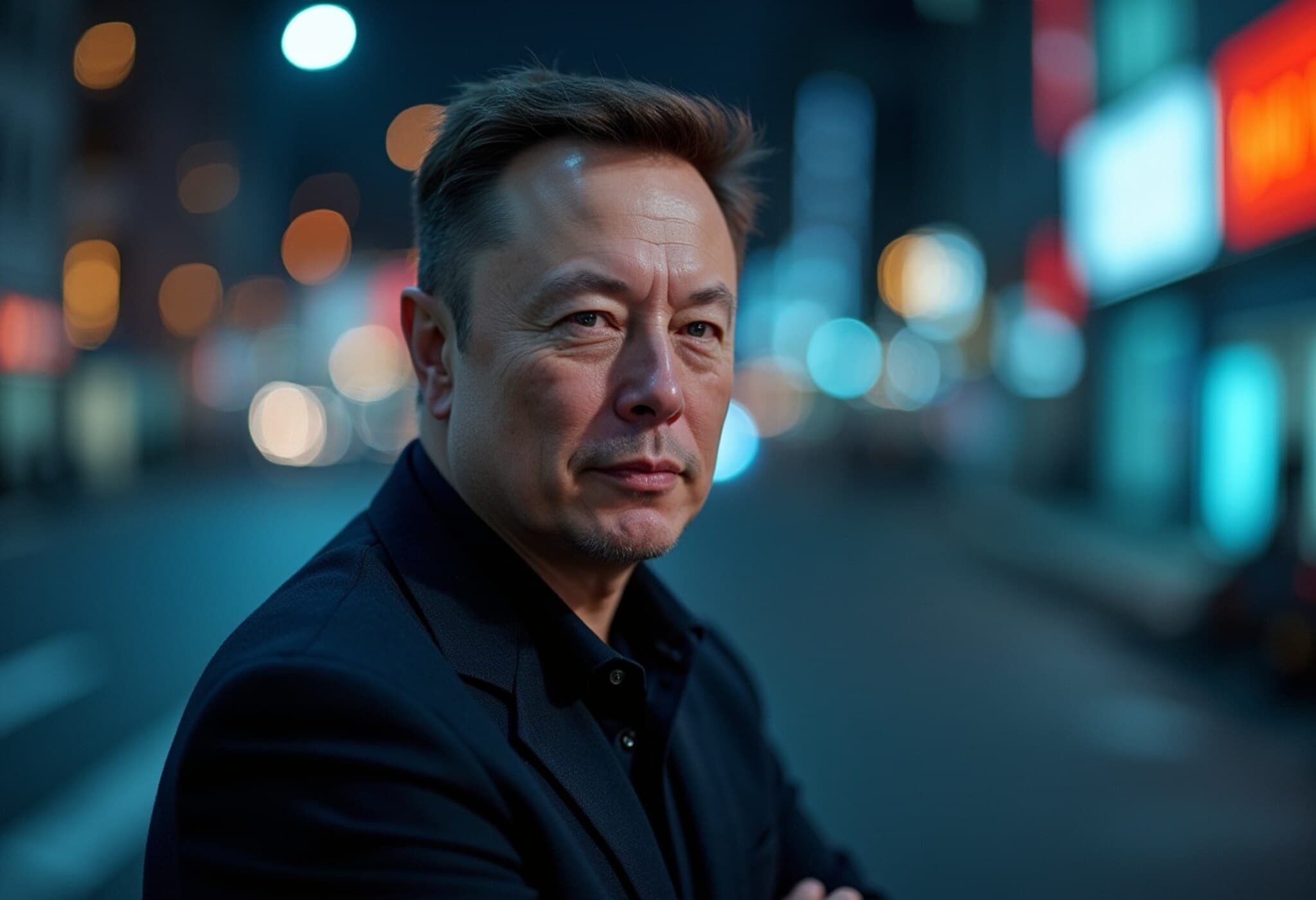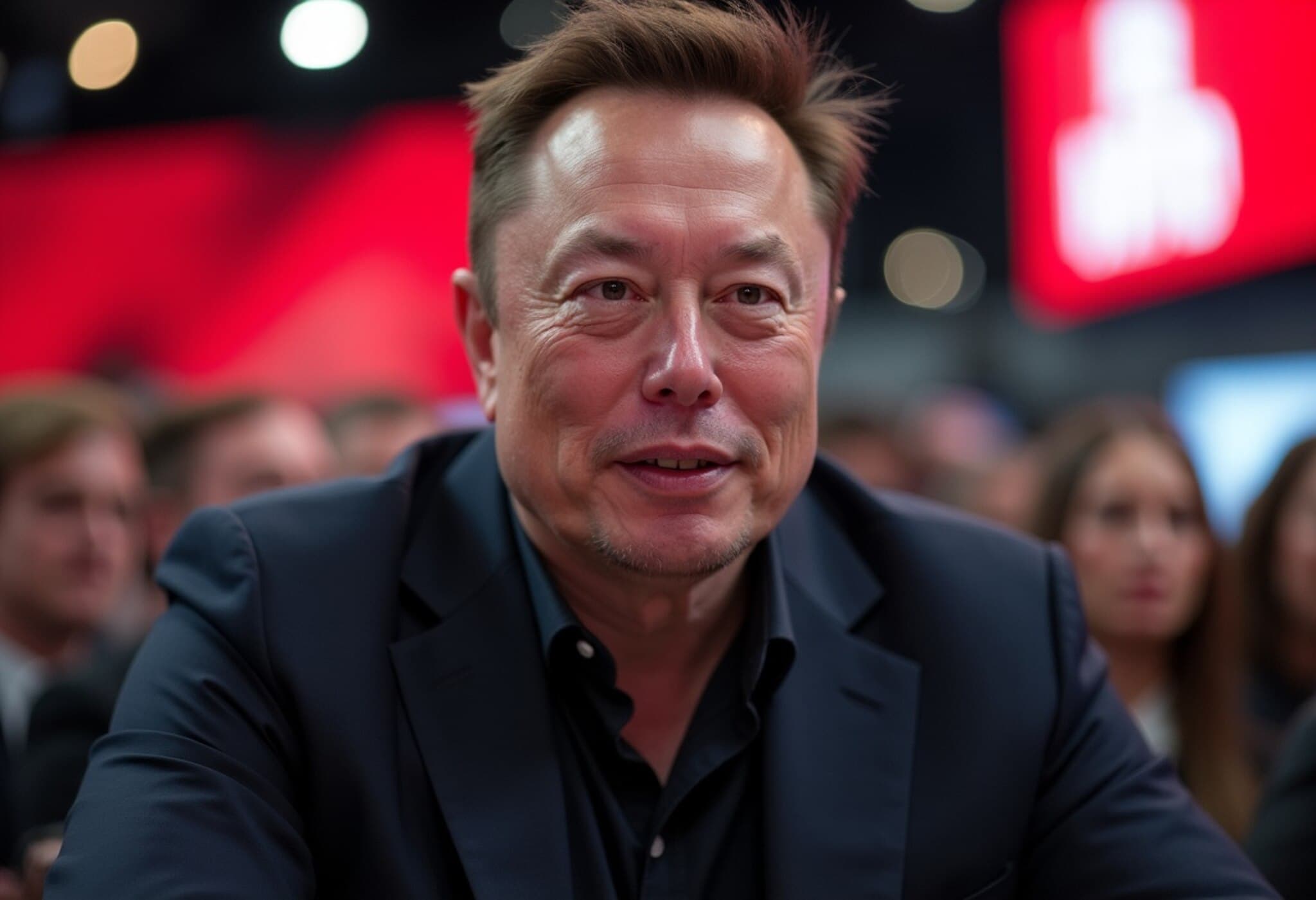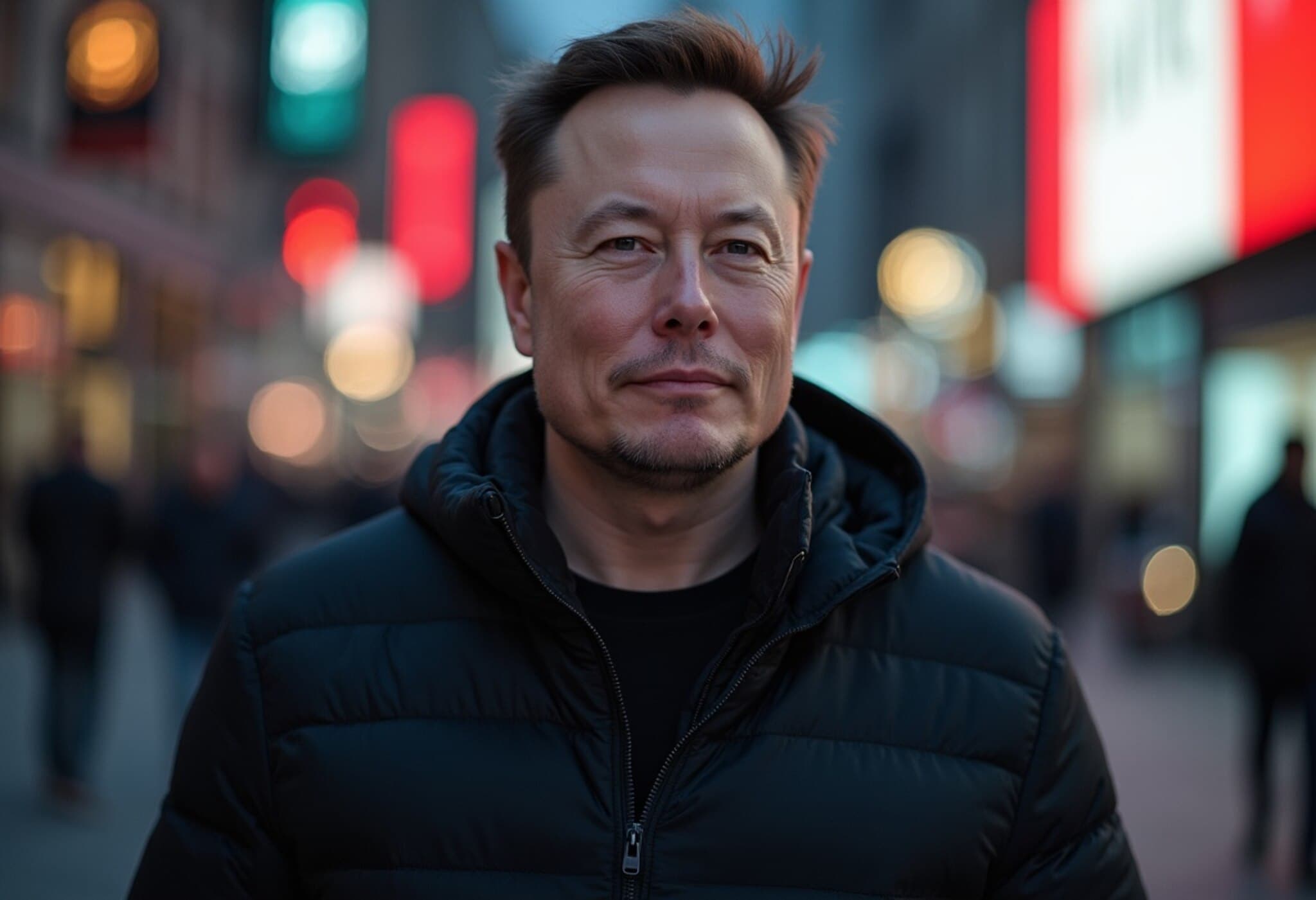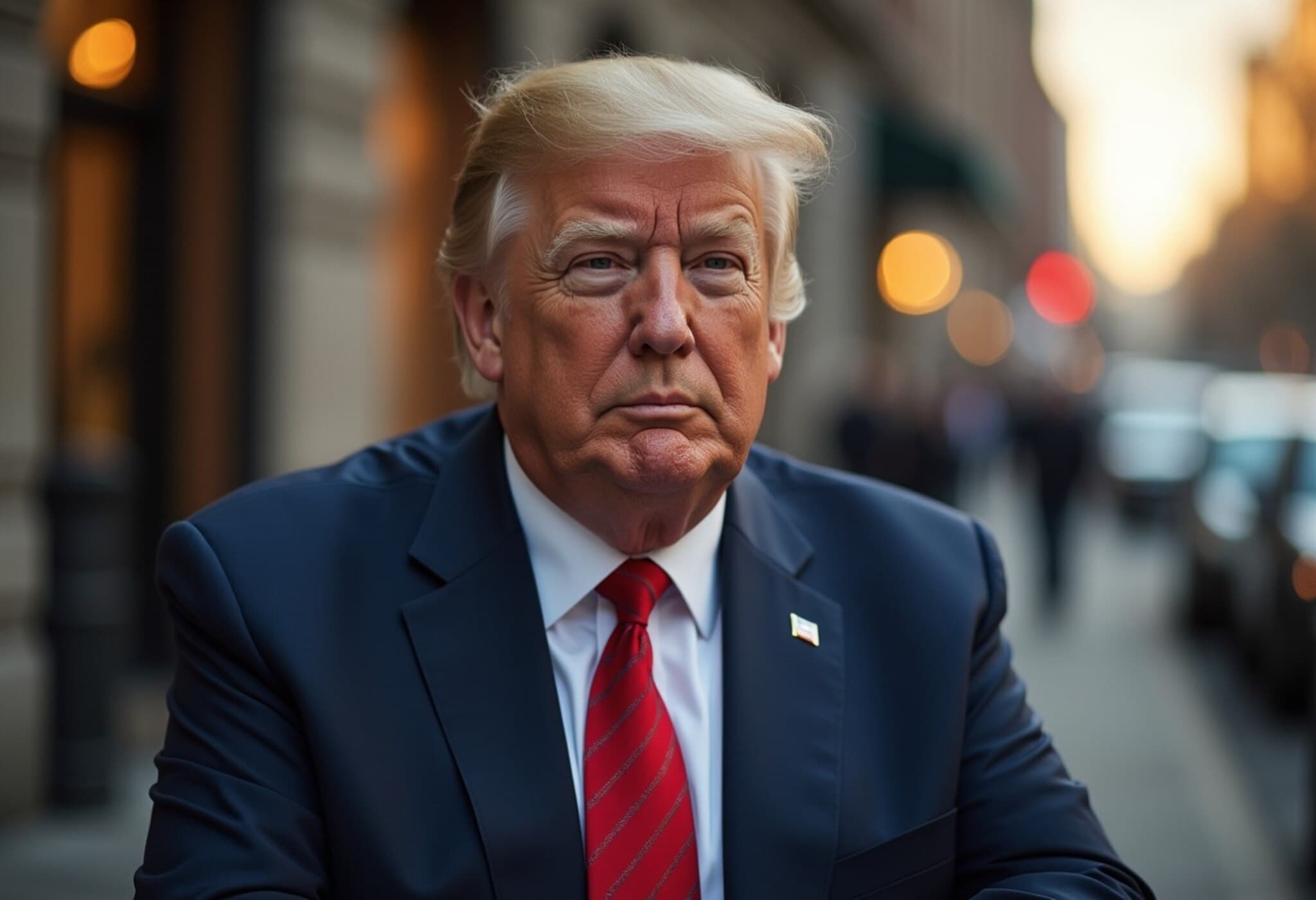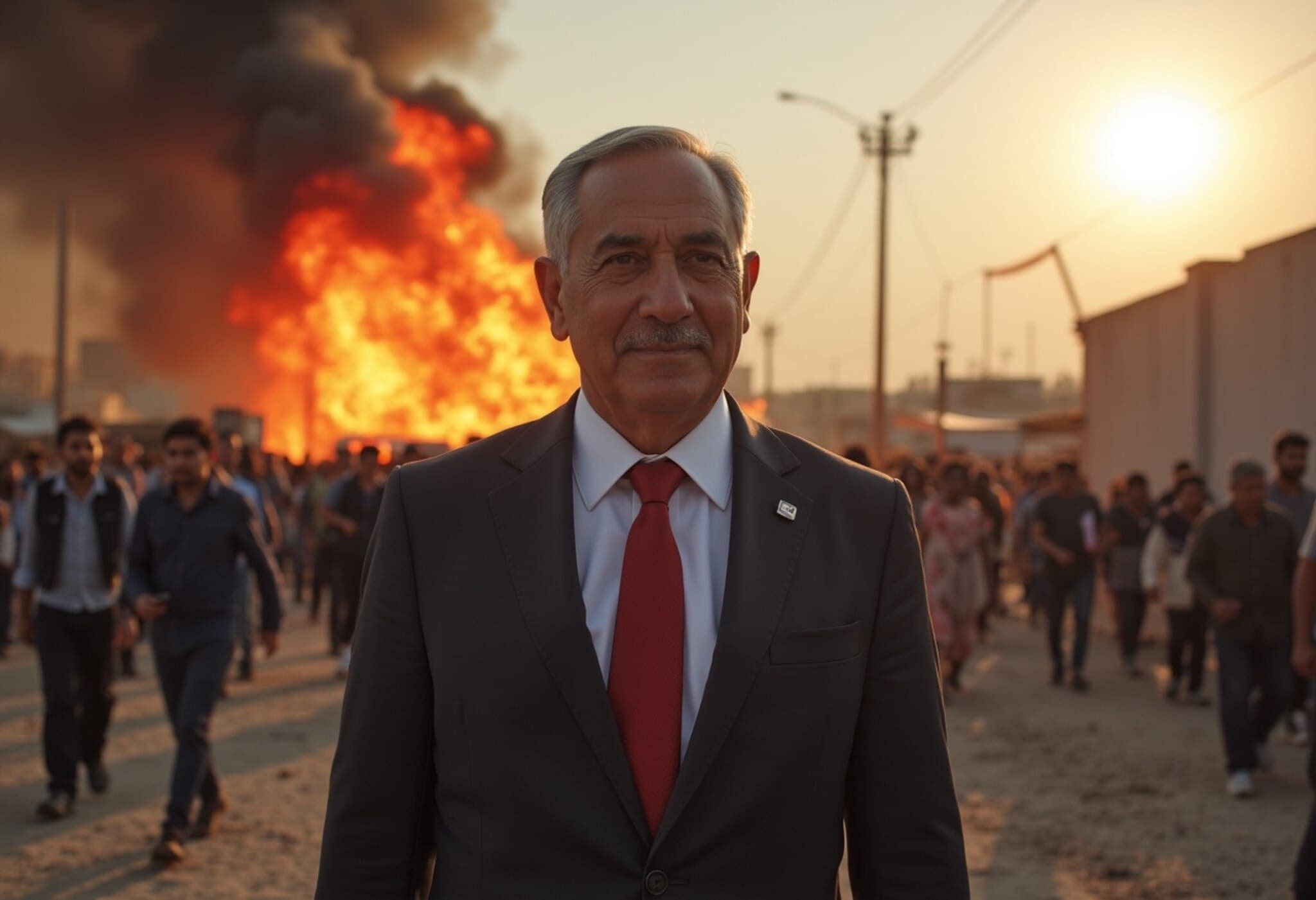Indian Government Orders Suspension of Over 2,300 X Accounts Including Reuters
In a significant escalation of the ongoing conflict between Elon Musk’s social media platform X (formerly known as Twitter) and the Indian government, X announced on Tuesday that over 2,355 accounts were ordered blocked by Indian authorities. Among the accounts temporarily suspended were the prominent news organization Reuters and its global bureau account, ReutersWorld.
Details of the Account Blocking Incident
The Ministry of Electronics and Information Technology of India demanded urgent action, requiring X to block the specified accounts within one hour, according to X’s global government affairs account. Shockingly, the request came without any formal explanation, and the accounts were instructed to remain withheld pending further notice.
For Indian users attempting to access Reuters’ content on X during this period, a message stating “Account withheld @Reuters has been withheld in IN in response to a legal demand” appeared. This move sparked widespread concern over press freedom and the limits being imposed on digital platforms in one of the world’s largest internet markets.
Government Response and Reinstatement
Contradicting X’s account, the Indian government’s Press Information Bureau clarified that no specific agency had directed the blocking of Reuters’ accounts and emphasized ongoing collaboration with X to resolve the situation. By Sunday, the accounts were reinstated, but the incident has fueled public debate on India’s growing online content regulation.
Context: A Broader Legal Battle Over Censorship
This latest episode is just the tip of the iceberg in a protracted legal and political showdown between India’s government, led by Prime Minister Narendra Modi, and Musk’s platform. Since Elon Musk took control of Twitter in 2022 — rebranding it as X — he has positioned himself as a staunch advocate for free speech, frequently criticizing what he sees as excessive content moderation and censorship.
In March 2025, X filed a lawsuit against the Indian government, accusing it of unlawfully broadening censorship laws to ease restrictions on online content. The lawsuit asserts that these policies compromise the principles of free expression and disproportionately affect global media outlets and independent voices.
Implications for Digital Freedom and Media Landscape in India
- Press Freedom Concerns: Blocking Reuters, a globally respected news agency, raises alarm about possible suppression of independent journalism in India’s rapidly evolving digital space.
- Legal Ambiguities: The sudden, unexplained blocking order highlights challenges around transparency and due process in content regulation under India’s Information Technology framework.
- Economic and Tech Impacts: India is one of the largest social media markets worldwide. Such government interventions risk deterring investment and could impact how platforms operate and moderate content.
Expert Insight: Navigating the Crossroads of Free Speech and Regulation
From a policy perspective, this conflict exemplifies the global tension between governments seeking to regulate digital speech and tech companies guarding their platforms as bastions of free expression. The stakes are especially high in India, given its scale and geopolitical importance.
Legal analysts note that while countries certainly have the right to enforce local laws, sudden takedowns without clear rationale may undermine democratic norms and invite international scrutiny.
Moreover, Musk’s vocal stance as a free speech absolutist — which has been central to his stewardship of X — may clash with national governments’ priorities, particularly in countries where political leadership urges stronger control over online discourse.
Looking Ahead: What This Means For Users and Media
For users in India and beyond, this incident serves as a stark reminder that online platforms remain at the mercy of political and legal pressures, which can disrupt access to news and opinions abruptly.
Media organizations operating on social media platforms must navigate these shifting landscapes carefully, balancing compliance with digital laws against the imperative to protect journalistic independence.
Editor’s Note
The recent blocking of Reuters’ accounts by India’s government, coupled with vague justifications and swift reinstatements, throws into sharp relief ongoing challenges in balancing free expression with national regulation. As digital spaces become battlegrounds for political influence and information control, the global community will watch closely to see how platforms like X negotiate these pressures. It invites a deeper question: In an interconnected world, how can sovereign governments uphold their laws without silencing the critical voices indispensable to democracy?

